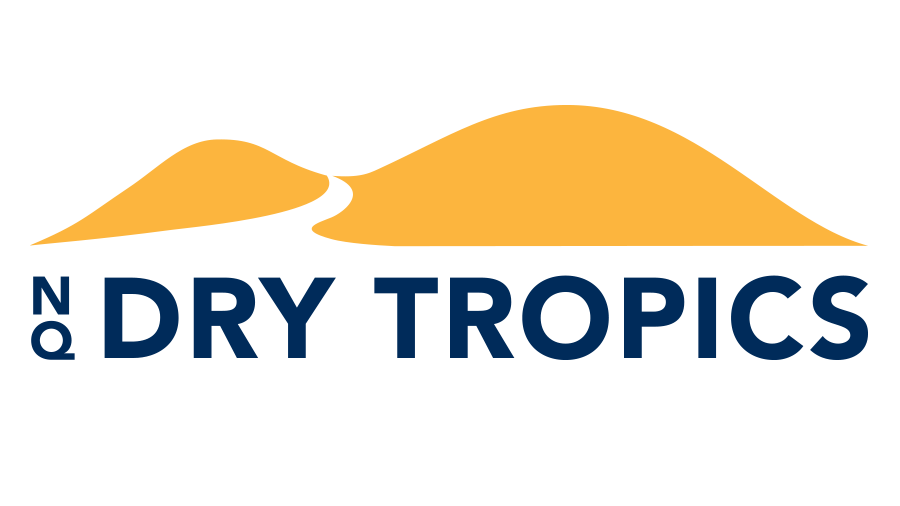Low stress stockhandling holds key to northern beef profitability
Sustainability is not a destination – it’s a continuous journey being carried out by each generation of graziers responsible for raising and supplying beef across the world.
That’s why Australia’s sustainable beef industry needs to balance efficient production with environmental, social and economic impacts. Founder and principal trainer of Low Stress Stockhandling, Jim Lindsay agrees, and says knowing how to work with animals without stress is a key component in setting the standard in ethical beef production.
“It comes down to knowledge and communication. We can use pace and pressure to direct cattle where we want them to go, but we need to recognise and work with their fight and flight zones to get the result we want and that they’re comfortable with,” Mr Lindsay said.
“We also need to communicate well with the people who’re handling the cattle. Everyone needs to be on the same page to ensure cattle are being handled without stress.
“Get this right, along with using a holistic approach to running your grazing business, the beef industry will be sustainable for generations to come,” he said.
Nineteen graziers representing 10 properties from across the Burdekin region attended Jim Lindsay’s two-day Low Stress Stockhandling course at Bristow and Ureisha Hughes’ Collinsville property, Strathalbyn Station, last month. It was organised by the NQ Dry Tropics Reef Trust 1 Saving Our Soils project, funded by the Australian Government’s Reef Trust in collaboration with the Queensland Government.
Grazier Dyan Hughes said the workshop reinforced the importance of having a holistic business strategy to achieve success and sustainability.
“When it comes to sustainability, I believe as part of my responsibility as the current custodian, landholders must treat the land with respect and raise cattle in a way that allows them to thrive while having the best impact possible on the environment around us,” Ms Hughes said.
“Taking a holistic approach means we examine every aspect of the business operations to improve practices on the ground and deliver the best possible product for the consumer,” she said.
Event organiser NQ Dry Tropics Grazing Field Officer Linda Anderson said the workshop had been well received.
“Even though the emphasis was to revisit graziers ability to read cattle and work with them in a low stress way, there was also lots of discussion on holistic business principles ranging from the importance of keeping good ground cover, appropriate yard design, sound and consistent communication, financial analysis, how to get the best bang for your buck with infrastructure development, and how to approach family succession,” Ms Anderson said.
“Consumers want to know where their food is coming from and that’s a great thing because graziers are able to show them what they’re doing on farm and that they’re doing it to a very high standard,” she said.
